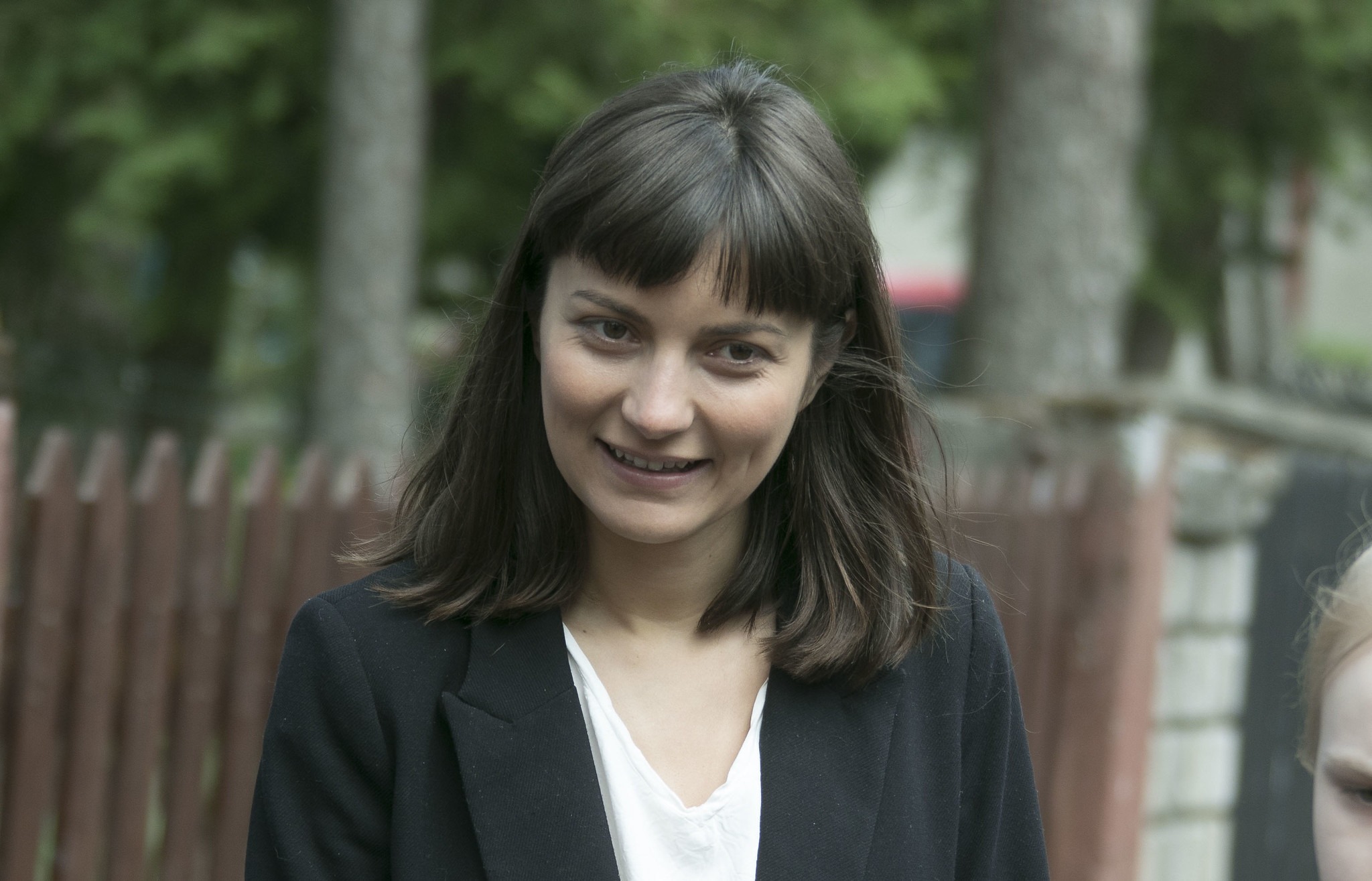
Key Insights:
In the month of May, the Estonian social media and web-based media actors generally focused on the recurring theme of the maltreatment of Russian-speaking individuals within Estonia. This month, however, a significant amount of attention was placed on delegitimising the Estonian government itself, including targeted narratives about Prime Minister Kaja Kallas. Narratives about the war in Ukraine took a backseat, although criticism towards NATO as a whole remained consistent. Lastly, great emphasis was placed on depicting the economic situation in Estonia, including living conditions, as horrible and oppressive.
Examples of prominent narratives include:
- Taxes in Estonia, especially on pensions, have increased significantly, causing mass poverty and government overreach.
- Corruption has increased, and government policies are out of touch with reality; confidence in the government is at an all-time low.
- The decision to move away from instruction in Russian in schools is oppressive and does not target Russian speakers.
- Increased NATO presence in Estonia threatens Estonian security, and NATO would not help defend Estonia if it was invaded.
- Kaya Kallas is a liar who has caused a surge in poverty and worsening living conditions in the country.
Overview of findings:
In May, 371 social media posts were monitored on Facebook, Twitter, Vimeo and Telegram channels using the Awario media monitoring tool. The number of mentions (371) represents a drop of 15% from April (421 posts). In addition to the monitoring provided by Awario, separate monitoring was conducted individually. As in previous months, 20 Facebook, YouTube, Telegram and Twitter (X) personal and group accounts and 10 websites were monitored weekly. Twitter (X) held the leading position in activity with 198 posts (53.4% of monthly posts), which is a difference of -15% from April with 220 posts (52.3% of monthly posts). The individual monitoring on social media sources like Facebook undercovered the following narratives, including but not limited to claims that:
- The government is targeting the elderly, small business owners and others with increased taxes and regulations to harm them
- Russian schools are underfunded, and the government is trying to destroy education for Russian-speaking children
- Estonia has the worst government in Europe, and it is corrupt and the cause of all of Estonia’s economic misfortune
An Awario media monitoring tool reveals the remaining importance of Russia’s aggression against Ukraine, “Ukraine” and “the war”, and “USA” in Estonian media in Estonian and Russian languages (see graph above). Data from the sentiment analysis shows that a third of the content is negative in nature. This negative percentage amount is consistent with previous months. What is interesting to note is the slight increase in positive sentiment (10%), as previous months tended to float a few percentage points under 10%. The neutral sentiment is consistent at over 50%.
The graph above indicates that nearly 42% of the posts/content were in Russian. Given the consistent narratives about language policies and the treatment of Russian speakers in Estonia, it is no surprise that a large portion of the disinformation is coming from an audience that speaks Russian. As the reach of these posts continues to grow, the percentage of mentions in Russian may increase accordingly.
Story of the month: “The Economy of Estonia is Suffering from Kalla’s Excessive Interest in Ukraine“
The Opinion piece above, written by Andrei Demenkov and published by the newspaper MkEstonia, focuses on the economic situation of Estonia, claiming that Estonia’s current economic situation is the result of Prime Minister Kalla’s “excessive interest” in the war in Ukraine. The author claims Kallas does not care about Estonia’s economic situation and that her desire to help Ukraine has caused the worst economic crisis currently in the EU. Demenko’s argument is essentially a dangerous and false attempt at making a causal link between Kallas’s policies towards Ukraine and the economic situation in Estonia. The author claims her “interest in Ukraine” is causing Estonia’s economic downturn. However, his article does not discuss her policies towards Ukraine, nor does he provide direct evidence that her policies towards Ukraine have impacted the Estonian economy.
Demenkov acknowledges that “the problems caused by the pandemic and the subsequent war in Ukraine, which have repeatedly mixed the cards and shaken global markets”, have contributed to the slight drop in economic growth, primarily in terms of GDP. But then, he points out that Lithuania and Latvia’s GDP did not decrease as much as some evidence. Comparing the economies of different countries and using that as evidence for why another country may have a drop in GDP is not a solid economic analysis. As one article points out, the situation in Estonia is attributed to a cocktail of factors, including a decrease in private consumption, a sharp fall in investment, and subdued demand from key trading partners—particularly Sweden and Finland and, more recently, German markets.
Then, instead of making educated arguments about the economic situation, the author resorts to direct attacks towards Prime Minister Kalla. Demenkov writes, “But what kind of understanding can we expect from the Prime Minister, who, once, admitted that she has no idea what her husband’s company does? But, it would seem, he should be her first source of information about how Estonian entrepreneurship lives. Kallas is clearly bored while the conversation concerns economics and business; her eyes light up mainly regarding Ukraine.” Without any evidence to support his claim, the author makes a blanket statement about Prime Minister Kallas, as if he can read her mind and know exactly what she knows or is interested in.
At the end of his piece, Demenkov says, “The Prime Minister’s excessive concentration on the Ukrainian issue, which Kallas turned into a kind of political hobby, and the resulting insufficient attention to her own Estonian affairs led to an aggravation of our economic problems”. Demenkov’s position seems to be that two things cannot be true simultaneously when it comes to Kallas’s actions and interests. In other words, Demekov cannot imagine a world where Kallas can be interested in the economic well-being of Estonians while still openly politically, diplomatically, and even economically supportive of Ukraine in its war with Russian aggression.









